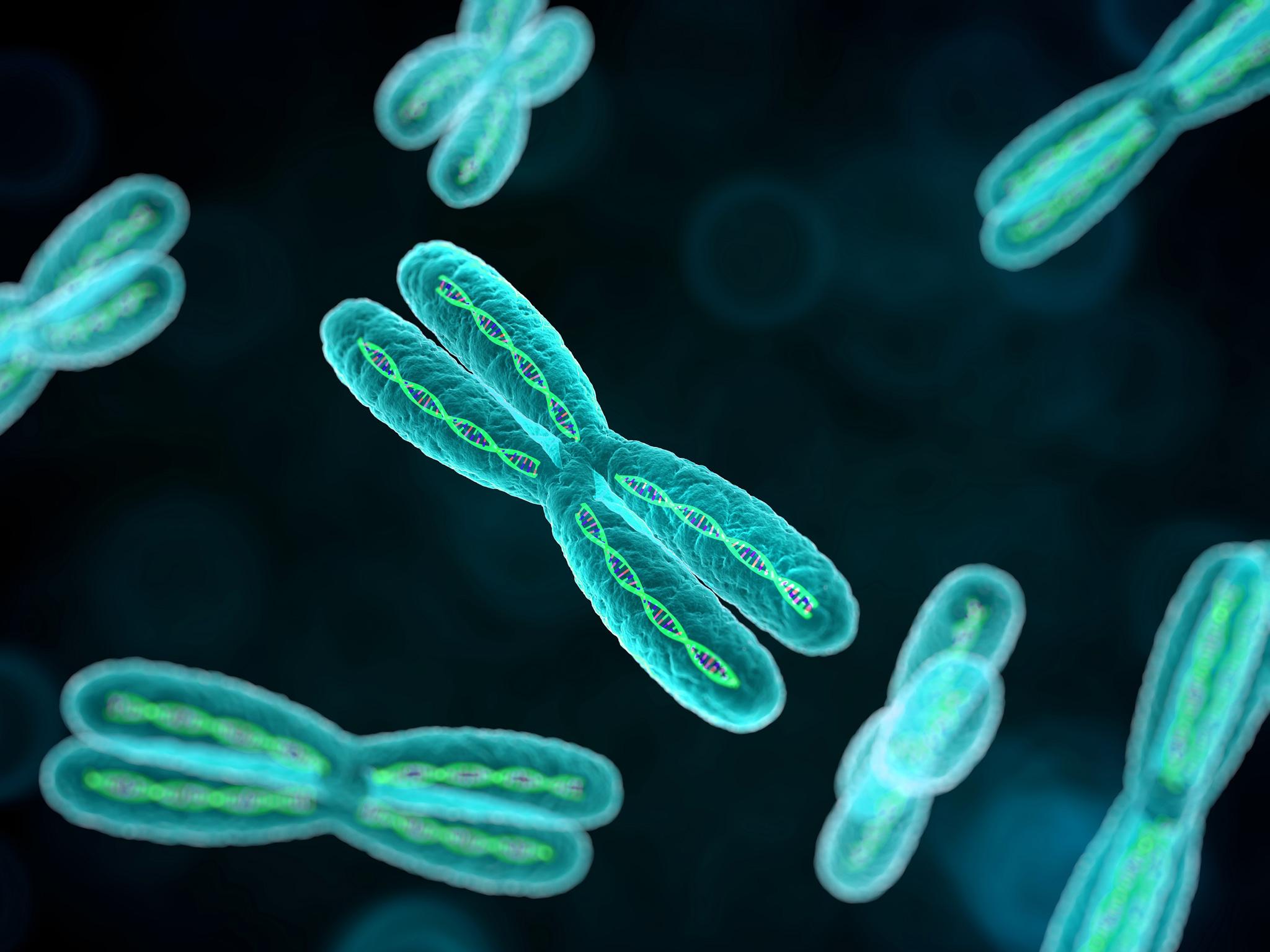Technology that can ‘reduce or reverse cell ageing’ now possible, scientists say after finding key gene
‘We found that ageing-related activities were greatly reduced, indicating reversal of cell ageing,’ researchers say

A mysterious gene that plays a fundamental role in biological ageing has finally been identified, paving the way for breakthrough treatments to treat and eventually cure age-related diseases.
The discovery could help reduce and even reverse some forms of biological ageing, according to scientists from the University of Wisconsin-Madison who conducted the research.
The research builds on previous studies into cellular reprogramming, which aims to reverse cell ageing through mesenchymal stem cell (MSC) rejevenation.
“While agreeing with previous findings in MSC rejuvenation by cellular reprogramming, our study goes further to provide insight into how reprogrammed MSCs are regulated molecularly to ameliorate the cellular hallmarks of ageing,” said Wan-Ju Li, lead investigator and faculty member in the university’s Department of Biomedical Engineering.
“Most significantly, we were able to identify the [specific] signalling pathway as an underlying mechanism that controls cell ageing-related activities.
“We believe our findings will help improve the understanding of MSC ageing and its significance in regenerative medicine.”
The research was published in the scientific journal Stem Cells this week. Dr Jan Nolta, editor-in-chief of the journal, described the breakthrough as “a very important accomplishment”.
The study describes how the researchers analysed MSCs from human synovial fluid, which is found in the joints of knees and elbows.
The researchers then reprogrammed then into pluripotent stem cells, before reverting them back to MSCs. The result was rejuvenated MSCs, which were then analysed to uncover changes in the gene expression.
“We found that ageing-related activities were greatly reduced in reprogrammed MSCs compared with those in their parental line, indicating reversal of cell ageing,” the paper states.
Dr Li noted that the findings could prove critical towards developing new pharmacological therapies needed to treat osteoporosis and cartilage degeneration.
The research also provides hope for new treatments of Parkinson’s disease and heart diseases, though further studies will be required to fully understand the implications.
Join our commenting forum
Join thought-provoking conversations, follow other Independent readers and see their replies
Comments
Bookmark popover
Removed from bookmarks